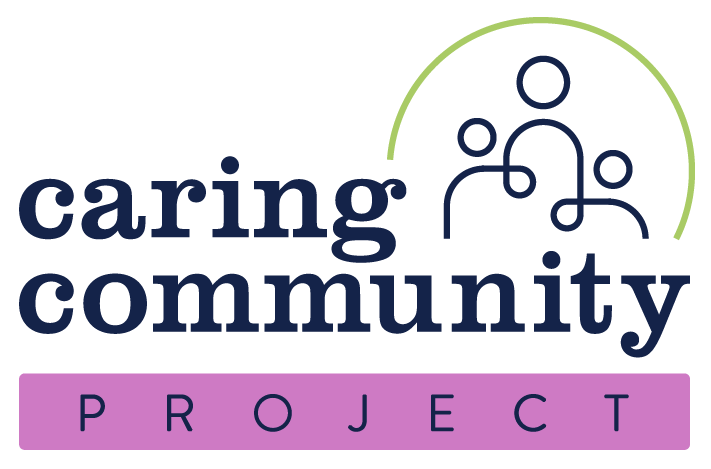Common Mental Health Disorders
In: Mental Health Overview
Most Common Mental Health Disorders for Teens:
Depression: Depression is the most common mental health disorder teens experience. Depression is characterized by prolonged feelings of hopelessness, sadness, a loss of interest in activities and other impediments on daily functioning such as appetite and sleep for at least a two week period. Depression can be triggered by a mix of factors including difficult life events, genetics, and environmental factors.
Because depression can alter brain functioning, decrease interest in activities that were once enjoyable, and cause social withdrawal, encouraging teens to practice coping skills, reach out to their support system, and engage in activities that bring them joy can prevent symptoms of depression from worsening.Anxiety: Similar to depression, anxiety disorders are common during adolescence and are the most common mental health disorders adults experience in the US (National Alliance of Mental Health, 2017). Anxiety is characterized by excessive worry, stress, and fear that can impede day-to-day activities. Symptoms include a mix of emotional and physical symptoms from feelings of dread, distress, restlessness and irritability to shortness of breath, racing heart, sweating, headaches and stomachaches. Social anxiety and panic attacks are common in teens with anxiety. Teen anxiety can often lead to depression or substance use and abuse.
Attention-deficit/hyperactivity disorder (ADHD): ADHD in teens can result in academic and social stress as teens may have difficulty focusing, organizing, controlling impulses, and regulating emotions. ADHD is typically caused by genetics and environmental factors. Supporting teens with ADHD by advocating for accommodations at school, treatment and medications, and supporting their social skills can make a big impact.
Other Mental Health Issues Common for Teens:
Eating disorders: Eating disorders are common in adolescents and adults and are typically more common in women than men. Eating disorders including anorexia nervosa, bulimia nervosa, and binge eating disorder are characterized by an excessive concern about food, body weight, and body image that impacts daily functioning. Physical symptoms include eating too little or too much or excessive vomiting, and emotional symptoms include social withdrawal, low self esteem, feelings of embarrassment or shame, and irritability. Without treatment, eating disorders can lead to severe medical issues.
Trauma: Teens who have experienced a traumatic event or trauma from physical, sexual, or verbal abuse can experience posttraumatic stress disorder (PTSD) and other impacts of processing trauma. Trauma can impact daily functioning and cause symptoms similar to depression and anxiety. Teens with trauma also experience difficulty concentrating, poor short-term memory, and hypervigilance or flashbacks. Understanding trauma, its impact, and tools to cope can be beneficial to teens.
Suicide: Suicidial ideation, or thoughts of committing suicide, is common among adolescents, especially high school students. On average, 20% of high school students seriously consider suicide and 9% attempt suicide (Center for Disease Control, 2019). In the US, historically marginalized populations are at higher risk of suicide. Black Americans, Indigenous populations, and youth who identify as LGBTQIA+ are considered high risk groups.
While suicide is a difficult topic to address, you can make a difference by noticing changes in physical, behavioral, and emotional patterns, especially when students show signs of extreme depression. As a caring adult, your support, compassion, encouragement to connect to resources, and outreach to family can prevent a mental health crisis.
Substance abuse: Substance abuse is one of the many risk-taking behaviors that can begin in adolescence. Substance use is often linked with mental health disorders such as anxiety and depression and is used as an unhealthy coping behavior. Substance abuse can be from a misuse of alcohol, marijuana, prescription drugs, over-the-counter drugs, psychedelics, or other drugs.
Starting the Conversation
When you notice warning signs or if your student shares information that makes you worried about their mental health, it is important to validate their experience, practice careful and genuine listening, show empathy, and normalize seeking help. Try the phrases below to begin discussing mental health with your student. Follow the guidelines on confidentiality and referrals if you think that your student needs further support.
Examples of what to say if you suspect a teen is facing mental health issues:
[Student’s name], some of what you’ve shared with me makes me concerned about your mental health. How do you feel about your mental health? Is there any way I can support you?
I am concerned about your mental health because you’ve been sharing many difficult emotions and seem to be going through a hard time. How are you doing today? Is there a way I can support you?
I’ve been noticing some changes in your behavior lately. [Share your observation of the warning signs, i.e., ‘you’ve been missing class more often and not eating lunch.’] How are things going for you lately? Is there a way I can support you?
Examples of what to say if a teen shares about an issue they are facing related to or impacting their mental health:
Thank you so much for sharing this with me. I know it’s not easy to talk about this. Let’s work together to find solutions to your problem and support your mental health.
I am so glad you shared this with me. It seems like you’re going through a hard time.
I am glad you brought this up. I am so sorry you are going through this. Let’s brainstorm what would be helpful. I can help you find a solution.
Examples of follow-up questions to learn more about the student’s mental health:
How are you feeling today?
How often do you feel [insert difficult emotions shared]?
When did you start feeling this way?
Have you talked to others about this?
How do you cope, or feel better, when you are feeling this way?
Have you tried to get help in any way?
How can I help you?
What would make you feel better today?

